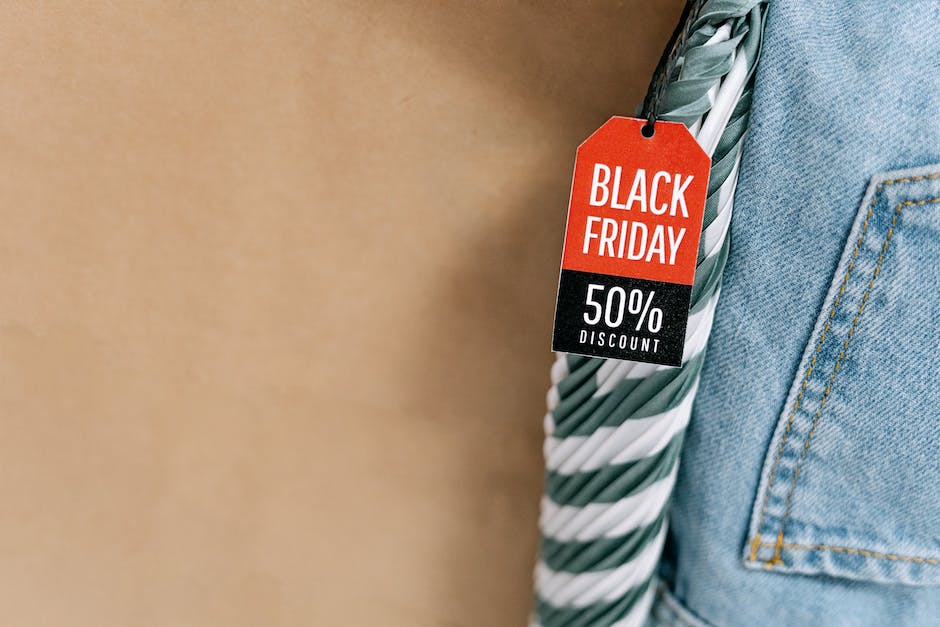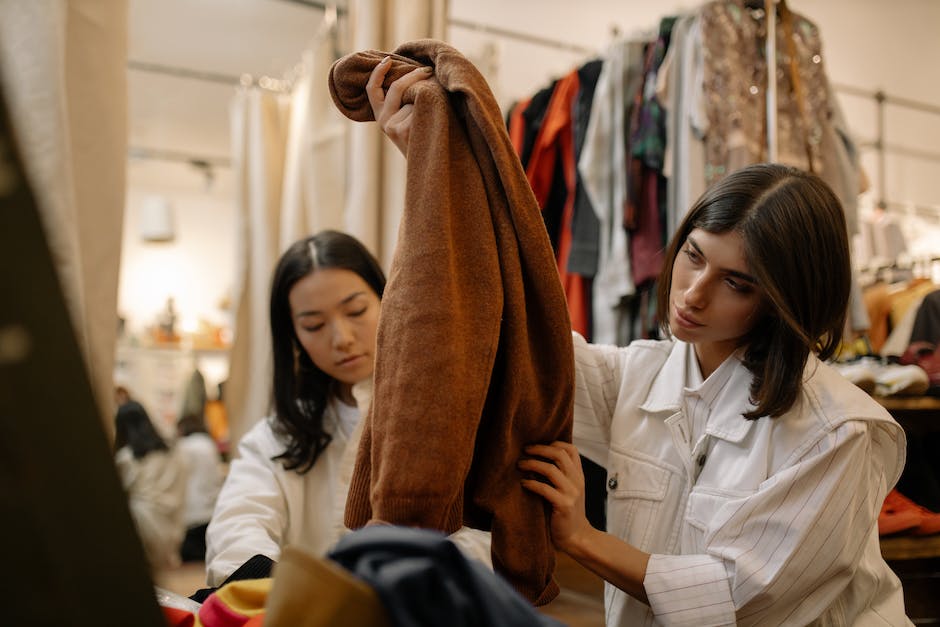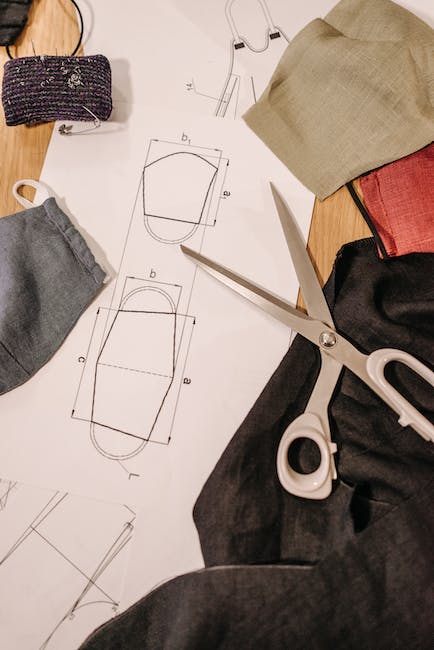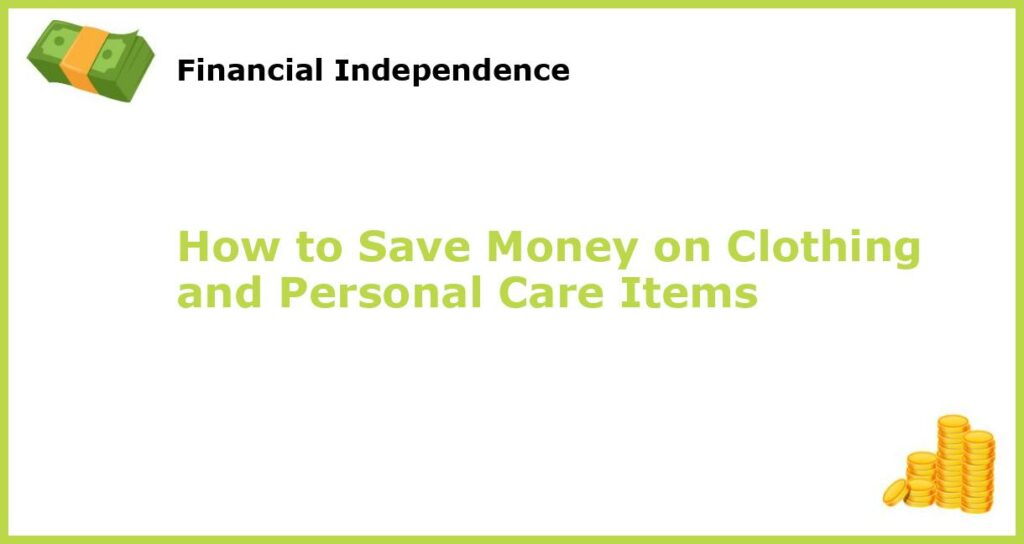Are you tired of constantly overspending on clothing and personal care items? If so, you are not alone. Many people find it challenging to save money while trying to keep up with the latest fashion trends or maintaining a consistent personal care routine. Fortunately, there are several ways to minimize expenses without compromising quality. Here are ten tips on how to save money on clothing and personal care items.
1. Shop during off-season sale periods

Off-season sales are a great way to get discounts on clothing and personal care items. You can purchase winter clothing during summer, and summer clothing during winter. Retailers will offer huge discounts on out-of-season clothing in anticipation of new items coming in. You can also get good deals on personal care products as everyone else is buying the current season’s products. Timing your purchase so that it does not coincide with the current trends but instead at the end of that trend can save you a lot of money.
2. Buy second-hand clothing and personal care items

Another great way to save money on clothing and personal care products is to purchase second-hand items. You can find gently-used clothing, beauty products at thrift stores, garage sales, or online marketplaces such as eBay or Amazon. You can also check social media platforms like Instagram or Facebook for pre-loved clothing that is sold by individuals. You may be surprised by how many quality items you can find at a fraction of the price of new ones. When buying clothing preloved, always inspect the item before purchasing to make sure it’s in good condition.
3. Use coupons and promo codes

You can save a lot of money by using coupons and promo codes. You can get these codes from various sources such as the retailer website, online coupon websites, or by signing up for newsletters from your favorite retailers. Always check for the validity of the code and whether the terms and conditions are suitable for your purchase requirements. You can also use browser extensions that automatically apply discounts at checkout, making it easier for you to save money.
4. Wait for major sales events

Major sales events occur throughout the year at various retailers. These events offer some of the best deals, and it’s worth waiting for them. Some of these events are Black Friday, Cyber Monday, and end-of-season sales. Try to plan your purchases around these events and create a list of what you need to buy. Being prepared and organized will help you get the most out of these events without overspending or buying unnecessary items.
5. Create a capsule wardrobe

A capsule wardrobe is an investment in your wardrobe that can save you money over time. It’s all about investing in high-quality, neutral pieces that you can mix and match, creating multiple outfits. This reduces the need to constantly buy new clothing items hence saving some expenses. Moreover, having a smaller wardrobe will encourage you to take better care of your clothes and keep them in good condition, making them last longer.
6. DIY personal care items

Creating personal care items at home can be cheaper as well as beneficial for your health. You can create items like face masks, lotions, and exfoliants using natural ingredients such as honey, sugar, coconut oil, and other natural resources found in your kitchen. This allows you to have more control over the ingredients you use on your skin and to customize your products according to your needs. There are several youtube tutorials and blogs available on how to make homemade personal care products, making it an easy process.
7. Invest in high-quality items that last

Investment in good quality items sounds like contradictory advice, but it’s actually a wise decision. High-quality clothing and personal care items last longer than cheaper alternatives, reducing the need for frequent replacement. This will save you money and reduce waste in the long run. It’s important to check the quality of fabric, thread, and stitching to ensure that your purchase is long-lasting.
8. Take good care of your clothing and personal care items
Taking care of your clothing and personal care items can help extend their lifespan and save you money in the long run. Always follow the care instructions provided with the clothing or personal care product, storing it correctly and avoiding harsh chemicals that may affect the quality of the item. Proper storage can also prevent damages such as stains, rips, or tears. By taking care of your items, you’ll reduce the need for replacements and maintain the quality of your items.
9. Use loyalty programs and rewards programs
Many retailers offer loyalty programs or rewards programs that let you earn points or cash back on purchases. These programs can be a great way to save money on future purchases to get discounts, gift cards, or other incentives. Most of these programs are free to sign up for, and by joining them, you will get exclusive discounts that are not available to the public. So, next time you go shopping, make sure you have signed up for your favorite retailer’s rewards program.
10. Compare prices before making a purchase
Always compare prices before making a purchase, even if the retailer is offering a discount. You may be able to find the same item for a lower price through different retailers or websites. It’s always good to compare different prices and do a cost-benefit analysis of your purchase. Lastly, many retailers have a price match where they match the prices of different retailers or websites, so take advantage of this policy by presenting the lower price advertisement.







